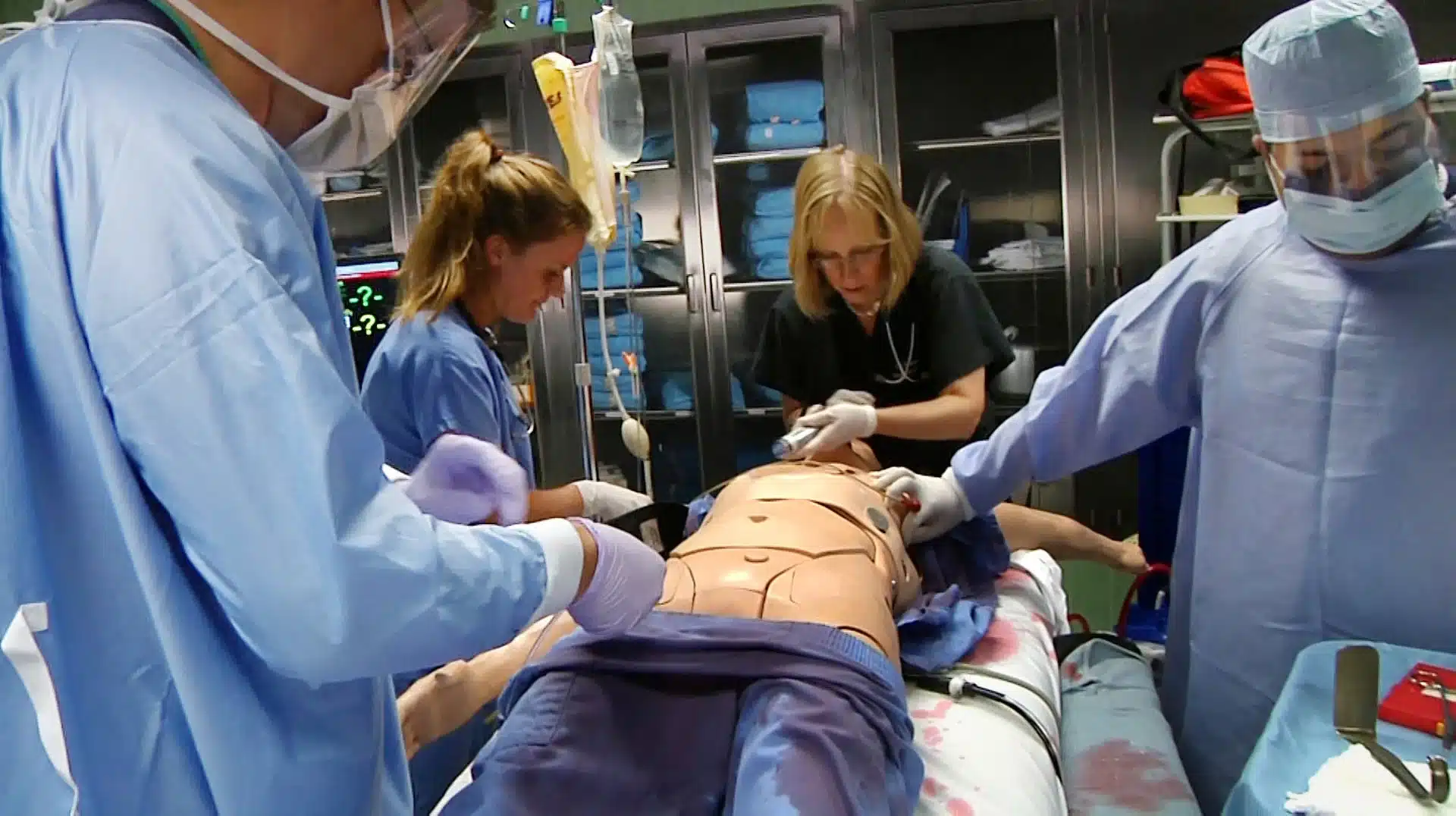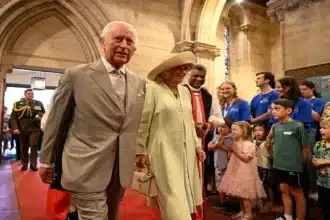South Korean Trainee Doctors Strike Over Medical Policy, Sparking Healthcare Disruption
SEOUL, South Korea – In a dramatic escalation of protests against a government medical policy, trainee doctors across South Korea walked off their jobs on Tuesday, causing significant disruptions to the healthcare system. The collective action led to the cancellation of surgeries and other medical treatments, raising concerns over patient care.
The Ministry of Health has called for an immediate return to work, emphasizing the importance of not compromising patient safety to contest government policies. Despite this, the strike action has intensified, with more than half of the country’s 13,000 trainee doctors submitting mass resignations in protest. As of Monday night, records from the Health Ministry indicate that 1,630 trainee doctors have already abandoned their posts, with expectations of more joining the strike.
The controversy centers around a recent government announcement to increase medical school admissions by 2,000 students starting next year. The move aims to address what the government describes as a critical shortage of doctors, exacerbated by South Korea’s rapidly aging population. However, the proposal has met with fierce opposition from the medical community. Critics argue that the influx of new medical students will overwhelm medical schools and divert resources from addressing other pressing issues. There is also concern that a surplus of doctors could lead to unnecessary medical treatments and increased competition, ultimately affecting doctors’ incomes.
Also Read: Leg Mystery Unravels: NYC Subway Launches Probe
Trainee doctors, who are integral to the functioning of hospitals by assisting in surgeries and patient care, are at the forefront of the protest. Their collective action threatens to disrupt healthcare services at the 100 hospitals where they are employed, potentially impacting South Korea’s overall medical service. The country, which boasts a total of 140,000 doctors, now faces a critical challenge in balancing the need for more healthcare professionals with the concerns of the existing medical workforce.
The Korea Medical Association has expressed support for the trainee doctors’ actions, planning rallies to back the protests. However, it has yet to decide on initiating strikes. Amidst the turmoil, Vice Health Minister Park Min-soo reported that the authorities had received 34 public complaints related to the walkouts, including 25 complaints about canceled surgeries. Other grievances include hospitals refusing treatment and canceling planned medical procedures.
Also Read: Hotel Hustle: NYC Man’s Five-Year Free Stay Ends with an Ownership Claim
Park Min-soo’s stern message to the striking trainee doctors underscored the gravity of the situation: “If you leave your patients to oppose a government policy despite knowing what your collective action would cause, that can’t be justified at all. We appeal to trainee doctors to return to patients. An act of endangering the lives of patients to express your opinions is something that you must not do.”
As the standoff between the government and trainee doctors continues, the future of South Korea’s healthcare system hangs in the balance. The resolution of this dispute will not only affect the immediate crisis but also set a precedent for addressing the country’s healthcare challenges in the face of a demographic shift.




